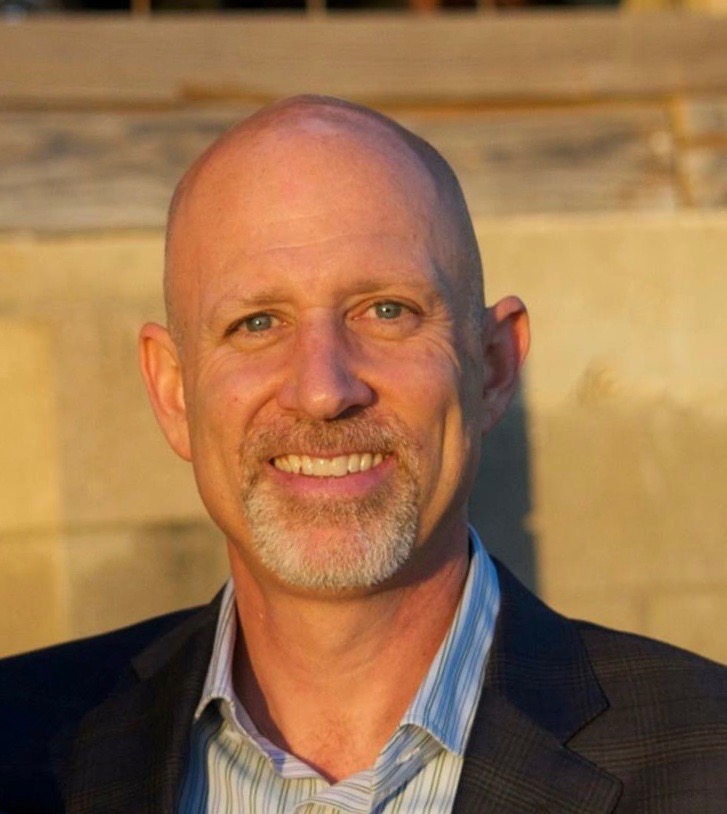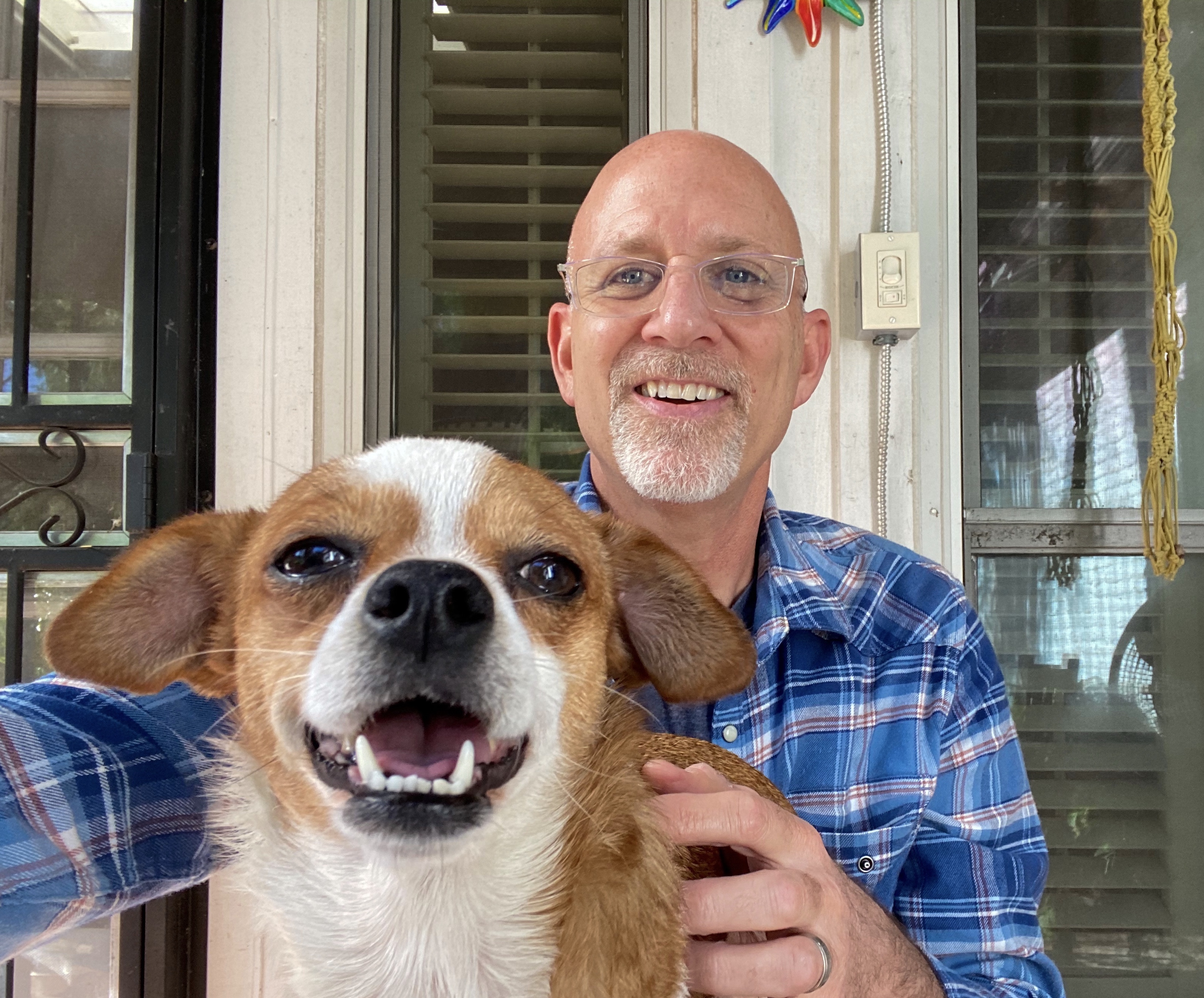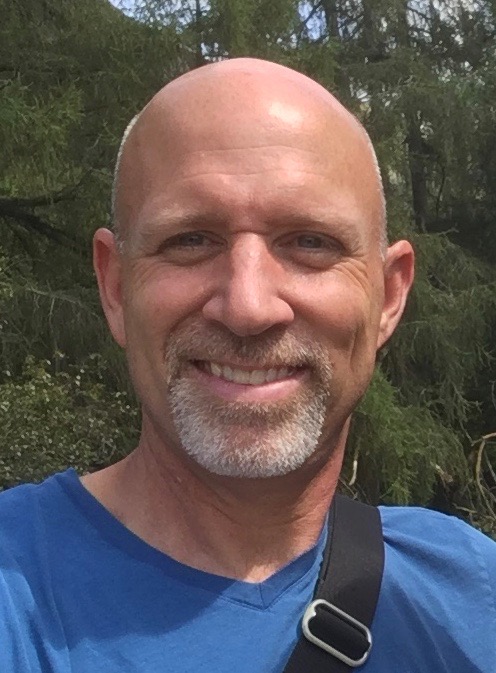Posted on June 28, 2021 by Amanda Cerreto
 At 52, Steve Weeks didn't think he would be returning to school - or applying for competitive internships through a doctoral program. And yet, not only did he enroll in the renowned
doctoral program in Applied Demography
, but he has earned a coveted internship spot with the
American Institutes for Research
(AIR).
At 52, Steve Weeks didn't think he would be returning to school - or applying for competitive internships through a doctoral program. And yet, not only did he enroll in the renowned
doctoral program in Applied Demography
, but he has earned a coveted internship spot with the
American Institutes for Research
(AIR).
Weeks' path to higher education was fragmented and interrupted over the last few decades. When he first started school, he dropped out to travel abroad and work as a bartender. From there, he worked in sales for a food services distributor in South Florida. He later relocated to Virginia when his mother was diagnosed with cancer.
After completing his bachelor's degree in anthropology, he wasn't sure what kind of career to pursue. So, like many others in his shoes, he decided to take his degree one step further and earn a master's in sustainability.
Even with his master's, Weeks still felt like he didn't have a good idea of where to go. "There isn't always a clear path for these kinds of degrees," he said. As he was browsing jobs, he found the Ph.D. in Applied Demography program and his interest was piqued.
 "I didn't know what applied demography was," he laughed, recalling the memory. “The first year was hell. But after that, it was a lot of fun and ended up being an absolute perfect fit.”
"I didn't know what applied demography was," he laughed, recalling the memory. “The first year was hell. But after that, it was a lot of fun and ended up being an absolute perfect fit.”
And so, Weeks went from not knowing what he could do with his two degrees to thanking his past self for taking the classes he did. “This program utilizes every single ounce of education I’ve had in my undergrad and master's programs,” he said. “It just fits so well.”
It was Dr. Johnelle Sparks who first told Weeks about the internship at AIR. With only a few days to apply, he sent in his materials and put it to the back of his mind, figuring it was such a long shot. With one doctoral student selected out of more than 1,000 applicants, he knew it would be a wonderful opportunity even if it felt too far-fetched.
The American Institutes for Research is one of the world’s largest behavioral and social science research and evaluation organizations. Founded in 1946 as a not-for-profit organization, they conduct work with strict independence, objectivity and non-partisanship.
In addition, AIR has partnered with UTSA with the aim of building a pipeline of diverse candidates who can contribute to the field of behavioral and social science research. The pipeline launched at UTSA on May 6, 2020, with a virtual event.
 A few months after applying to AIR for the internship, Weeks received the call for an interview and was immediately filled in on the project he could be working on: COVID-19 educational outcomes for vulnerable children. AIR is putting together a data set for the National Institute of Health, with data coming in from all over the country. Weeks' responsibility is to build the data sets and analyze the story that the data is telling.
A few months after applying to AIR for the internship, Weeks received the call for an interview and was immediately filled in on the project he could be working on: COVID-19 educational outcomes for vulnerable children. AIR is putting together a data set for the National Institute of Health, with data coming in from all over the country. Weeks' responsibility is to build the data sets and analyze the story that the data is telling.
Weeks credits the Applied Demography program not only for the data skills he learned, but for the confidence it gave him to branch out and apply for the internship. “I'm so thrilled that I did it, because I can actually use my education now,” Weeks said. “And the internship encompasses everything I've been studying.”
Weeks is set to defend his dissertation (the allostatic load score for persons with a sexual minority status) this August, so it will be a busy summer for him. Even with that stress, for the first time, he is looking forward to what's coming next instead of stressing about what he could use his degrees for. “I learned real skills I can apply for public policy and health outcomes,” he said. “It's more focused than the general population studies I completed earlier.”

